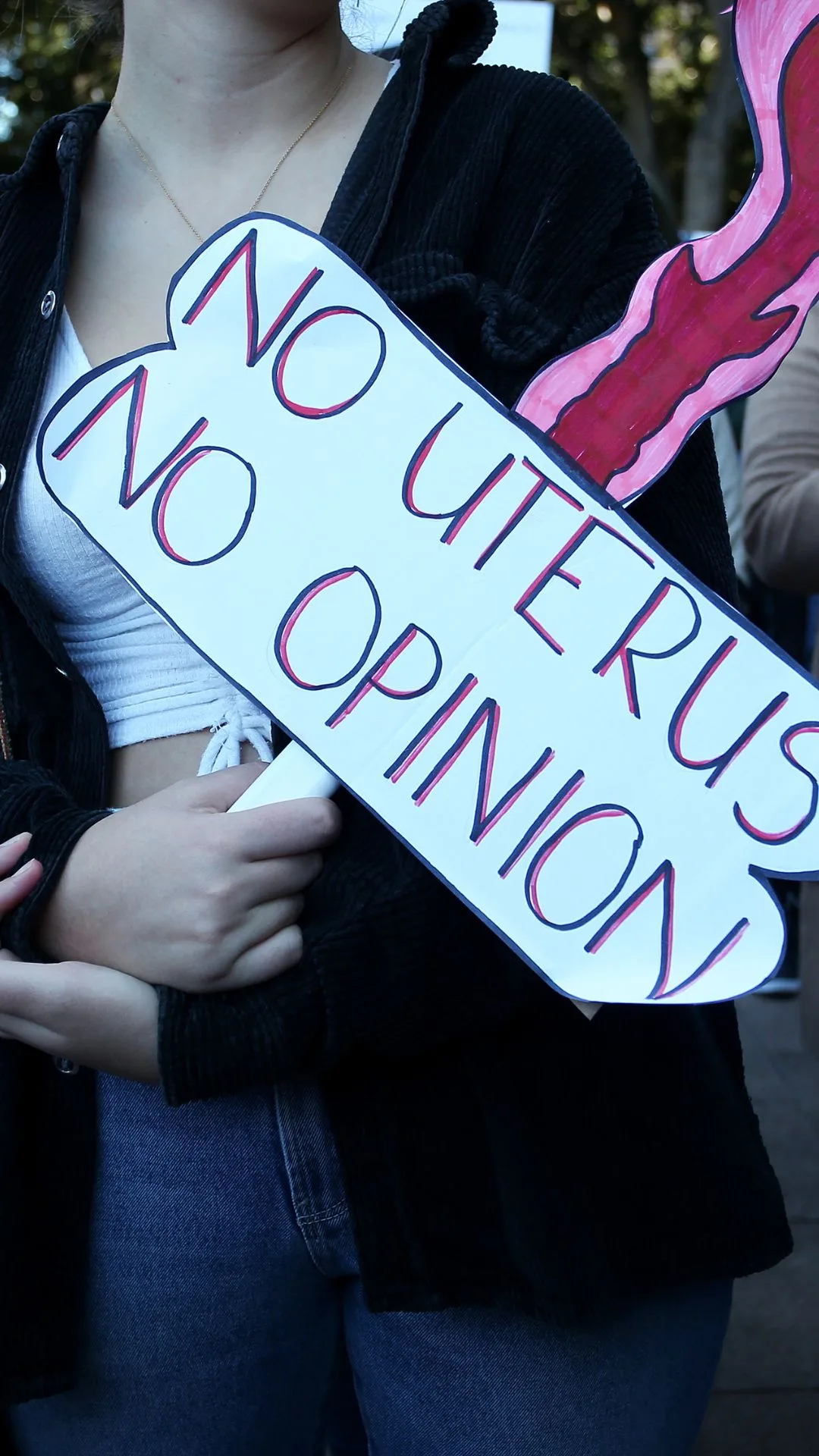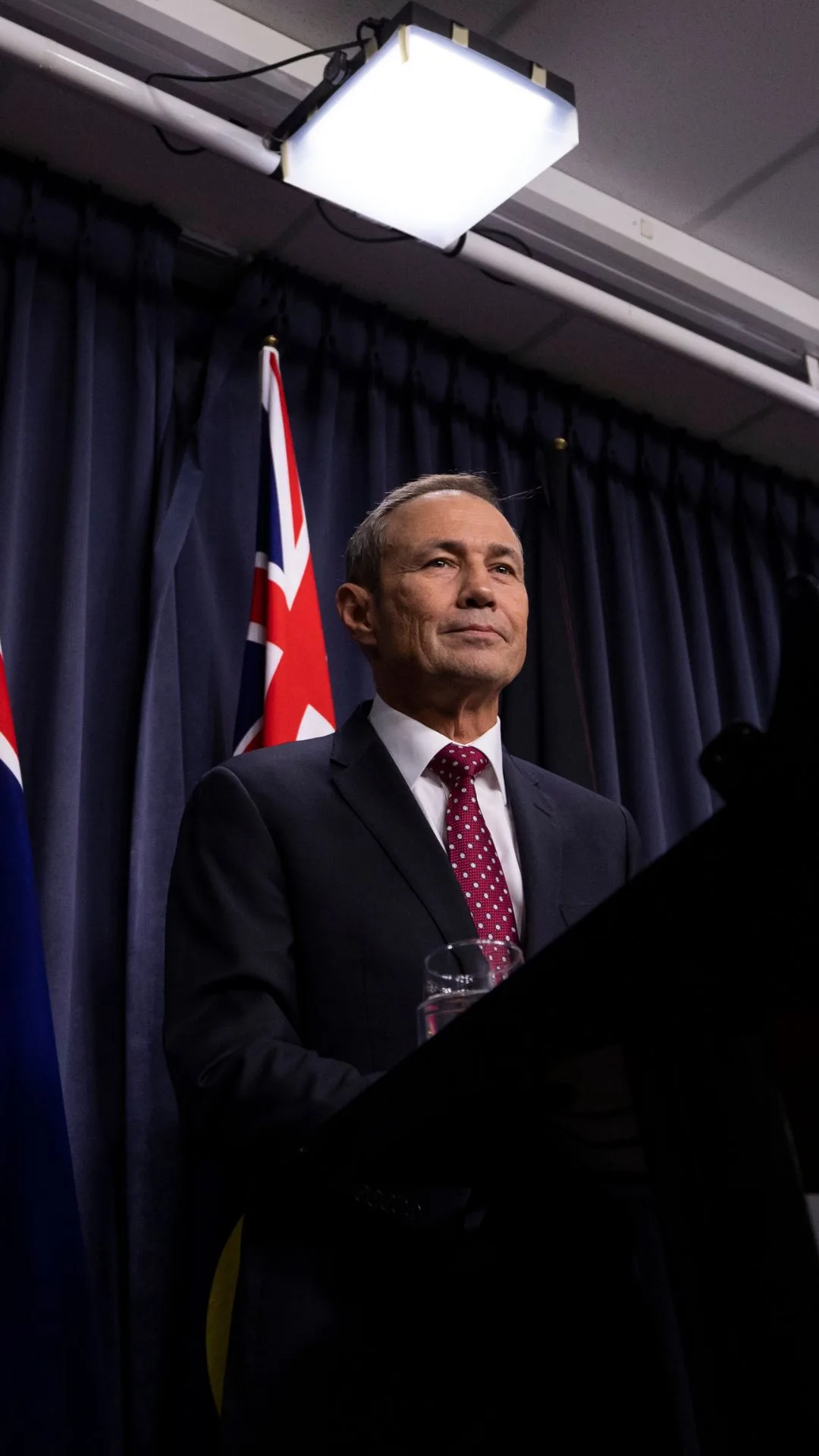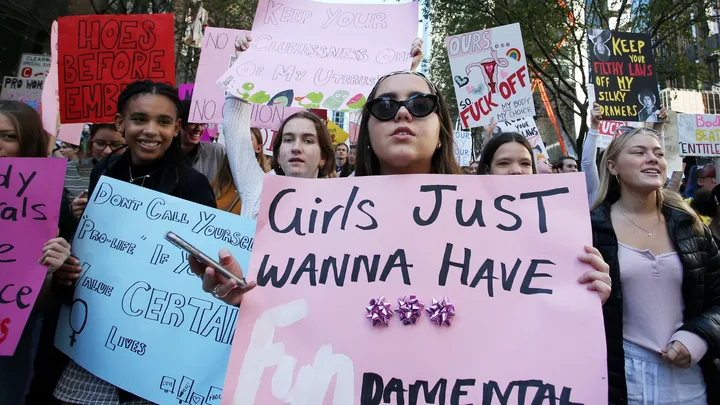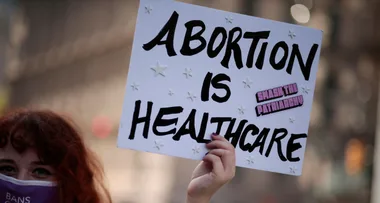Getting an abortion just got easier for people living in Western Australia, with the state finally able to decriminalise abortion by removing the procedure from the criminal code.
The laws were passed through parliament in 2023, and take effect today, March 28, 2023.
Western Australia is the last state or territory in Australia to decriminalise abortion, which is a step toward ensuring that every Australian has can access to this reproductive right.
It’s important to note that just because abortion has been decriminalised doesn’t mean there aren’t access issues, but it is a huge leap that is the work of years of lobbying.
What Does Decriminalising Abortion Change?

The new laws in WA are designed to help streamline access to abortion healthcare in the state.
The key changes to the laws include removing the need for women to be referred by a doctor for an abortion, no longer requiring mandatory counselling before the procedure and moving the procedure out from WA’s criminal code.
There will also be an extension of late-term abortions, from 20 weeks to 23 weeks.
Australian support for these changes has been consistent for a long time. According to a recent IPSOS study, 76 per cent of Australians supported abortion in 2021, which has been relatively stable since 2014.
Is Abortion Access Easy In Australia?
Despite the country moving away from criminal abortion codes, it still isn’t easy for every Australian to access an abortion.
A 2023 Senate Inquiry found there was a “postcode lottery” when it comes to appropriate access. This suggests that access to reproductive healthcare is not as straightforward for those living in regional and rural areas or those facing socioeconomic disadvantage.
The recommendation from the inquiry was that “all public hospitals within Australia […] provide surgical pregnancy terminations, or timely and affordable pathways to other local providers.”
The idea is that abortions should be deemed part of essential medical care, and approached in the same way other time-sensitive procedures are in hospitals and doctor’s practices.
It will certainly be a slow process overturning the barriers to abortion, but having large-scale movement within the sector towards it is certainly a promising sign.
Which States Have Decriminalised Abortion In Australia?

Some states were early adopters of decriminalising abortion, with the ACT taking action back in 2002. It was also the first jurisdiction in Australia to make abortions free to residents.
Victoria followed, decriminalising abortion more than a decade ago, in 2008.
Other states followed, with Tasmania decriminalising in 2013 and Northern Territory in 2017.
New South Wales fought to decriminalise in 2019, following more than 70 hours of debate across the Senate and House of Representatives. Soon after, South Australia followed in 2022.
WA has been the last remaining state to still have abortions in their criminal code, overturning it in 2024.
While decriminalising abortion has been a hard-won fight for lobbyists in Australia, it does speak volumes that these steps are being made while reproductive rights are being impinged overseas. The overturning of Roe v Wade in America is a good example of this.
Since the laws were overturned in 2022, 14 states have brought in a near-total abortion ban, while Georgia and South Caroline have banned abortion past six weeks of pregnancy.
Meanwhile, support for abortion is similar in Australia as it is in other first world countries like Canada and Italy, according to the IPSOS study.
It’s only hoped that this support will continue to improve reproductive access for women.
 Getty Images
Getty Images


